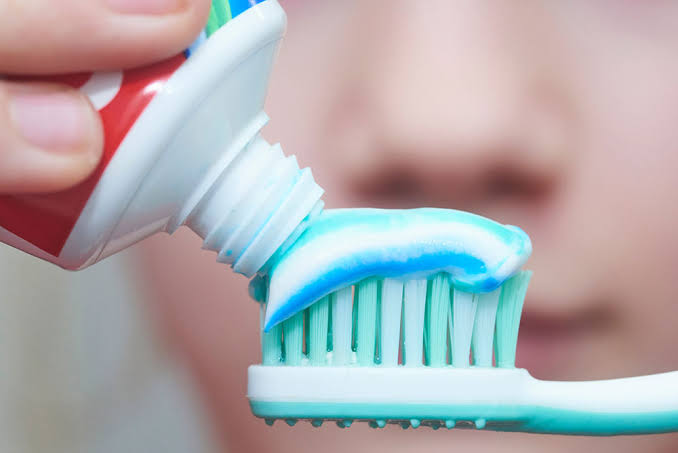In today’s fast-paced world, many people turn to substances for relief or enjoyment, but one must never forget that even substances that seem harmless can have serious consequences when consumed in excess. Women, in particular, must be vigilant about the potential adverse effects of overconsuming certain substances, such as P2, a popular stimulant. While P2 might offer short-term energy or mood enhancement, the long-term effects of excessive intake can be detrimental to overall health. Understanding these risks is essential for women who want to protect their well-being.
Toxicity and Overload on the System
One of the most immediate risks of consuming too much P2 is toxicity. When taken in excess, the body can struggle to process and eliminate the substance, causing it to build up in the bloodstream. As a result, this accumulation can lead to harmful toxicity, affecting the brain and other vital organs. Symptoms of toxicity include dizziness, confusion, nausea, and headaches, and in extreme cases, it could lead to organ failure or death if not addressed in a timely manner. This is why it is crucial to stick to the recommended dosage to avoid overwhelming the body’s natural metabolic processes.
Organ Damage from Overuse
Another serious consequence of excessive P2 intake is organ damage. The body is designed to metabolize and filter substances through the liver and kidneys. However, when these organs are repeatedly exposed to high doses of a substance like P2, they can become overburdened and start to malfunction. The liver, which detoxifies chemicals, can become damaged, leading to liver diseases such as fatty liver, hepatitis, or cirrhosis. Likewise, the kidneys, responsible for filtering out waste products, can suffer from prolonged exposure to toxins, potentially causing renal failure. The gastrointestinal tract may also be negatively impacted, resulting in ulcers, inflammation, or digestive disorders. This kind of damage can be gradual but potentially irreversible if excessive consumption continues unchecked.
Increased Risk of Allergic Reactions and Hypersensitivity
Excessive use of P2 may also heighten the risk of allergic reactions or medication hypersensitivity. Women might experience skin rashes, swelling, or more severe reactions like difficulty breathing, especially if their body becomes sensitized to the substance. This hypersensitivity can develop over time with repeated use, increasing the chances of experiencing adverse side effects that can affect one’s quality of life. In severe cases, allergic reactions may even become life-threatening, requiring emergency medical intervention. It is important for women to pay attention to any unusual physical changes and seek medical advice if they suspect an allergic reaction to P2....Read Full Article [Click Here>]
Dangerous Drug Interactions
Many women take multiple medications for various reasons, and when combining substances like P2 with other drugs, there is a risk of dangerous drug interactions. Excessive intake of P2 can alter how other medications are absorbed, metabolized, or eliminated from the body. This can either reduce the effectiveness of other medications or, in some cases, amplify the side effects, leading to greater harm. Additionally, interactions with over-the-counter drugs or even herbal supplements can lead to unforeseen complications. Therefore, it’s essential to speak with a healthcare provider about any other medications or supplements you are taking to avoid potentially dangerous interactions.
Conclusion
It’s clear that excessive intake of P2 can have serious consequences for a woman’s health. From toxicity and organ damage to allergic reactions and dangerous drug interactions, the risks are not worth taking. Women must adhere to recommended dosages and consult healthcare professionals regularly to ensure they are using substances safely and effectively. By following medical advice and being mindful of one’s health, it’s possible to avoid the harmful effects of overuse and enjoy life without jeopardizing long-term wellness. Always remember that moderation, awareness, and responsible use are key in safeguarding your health.





